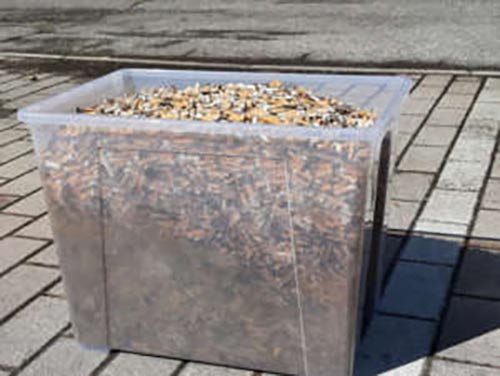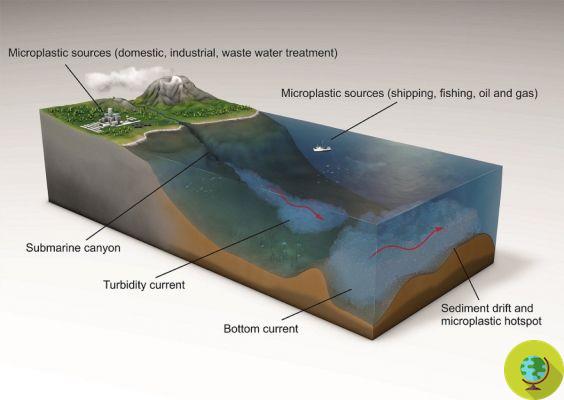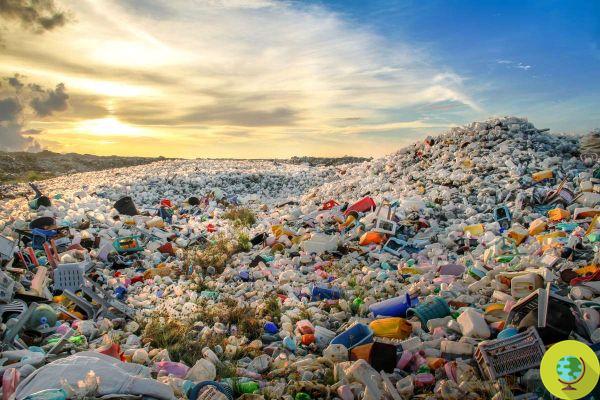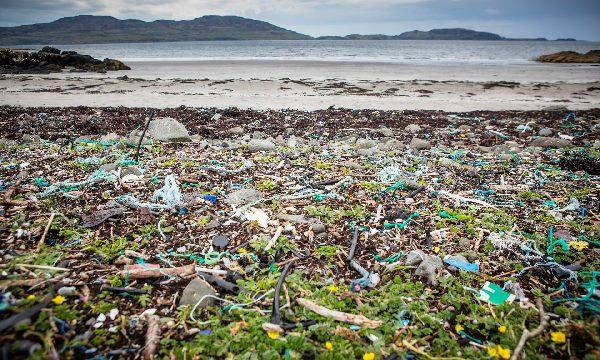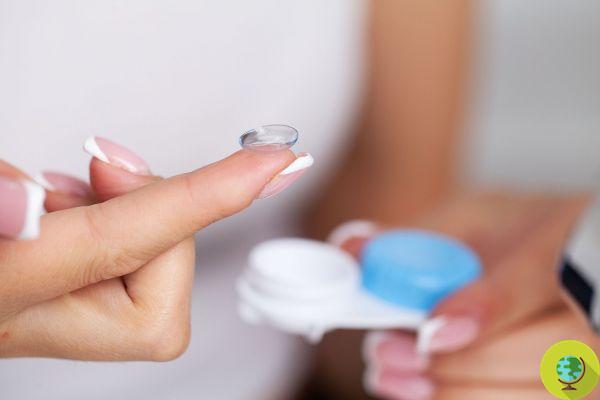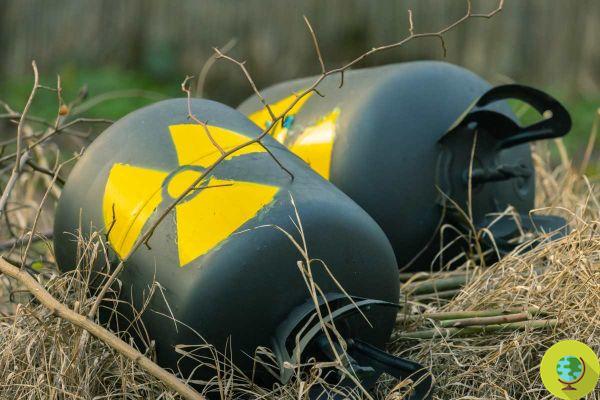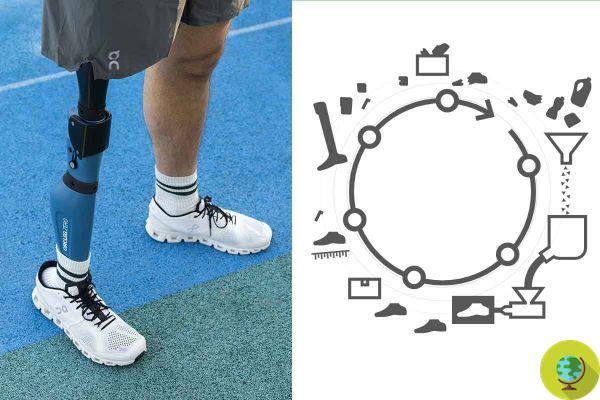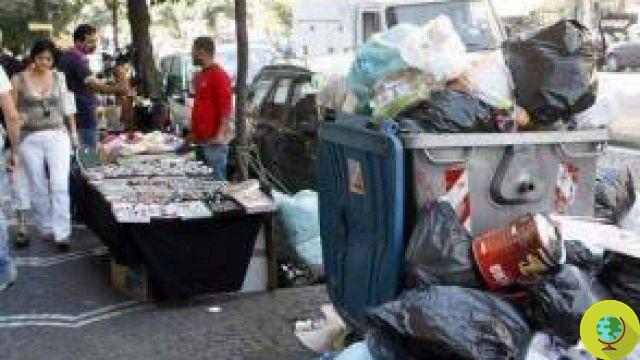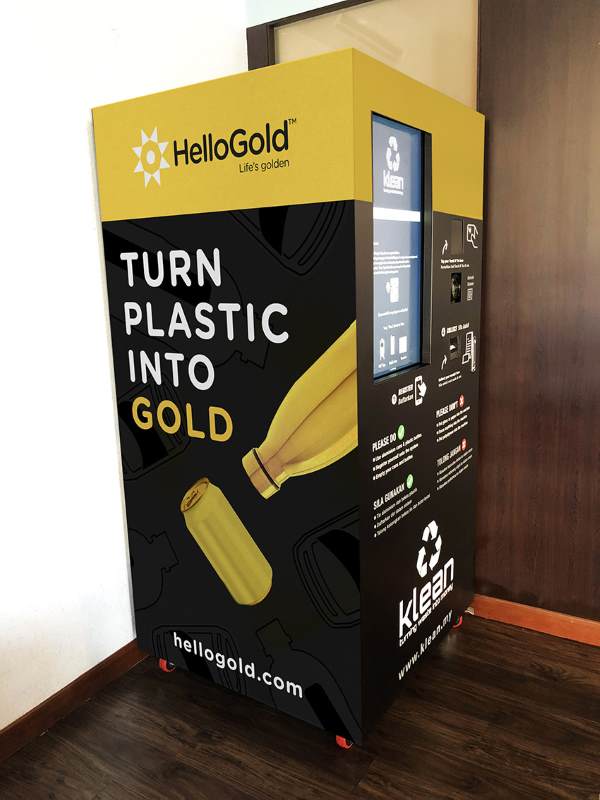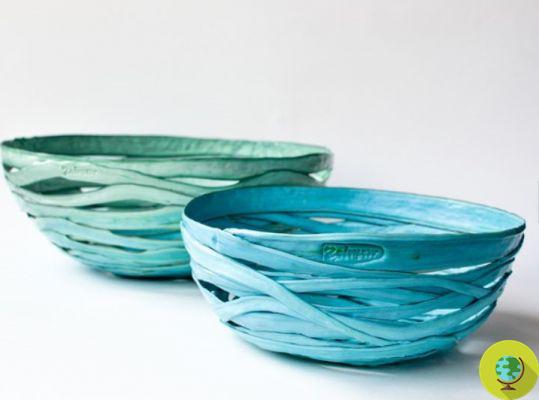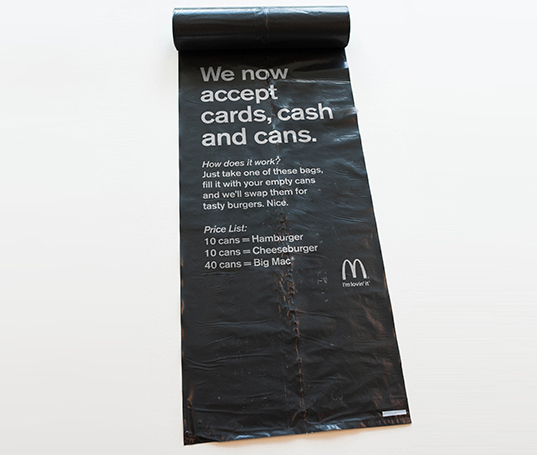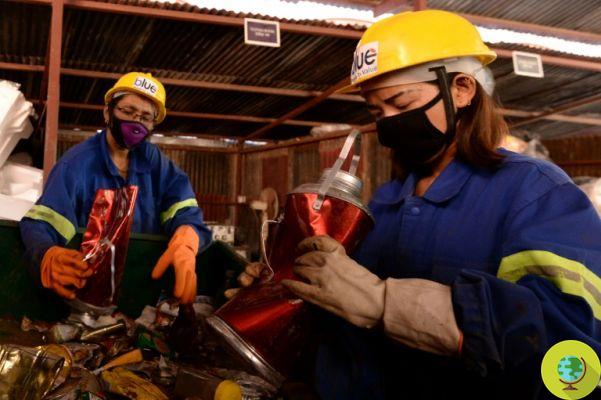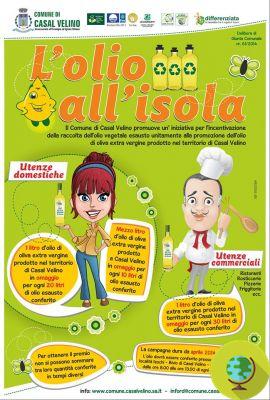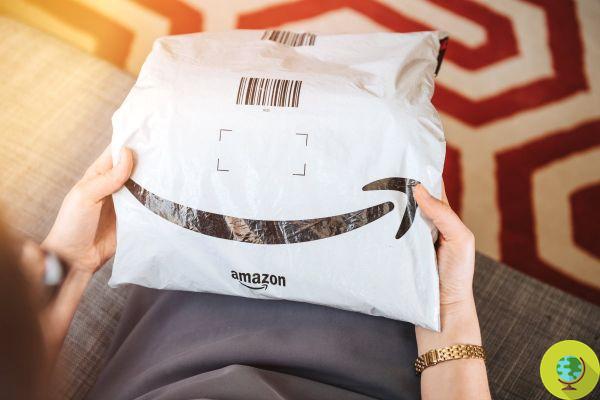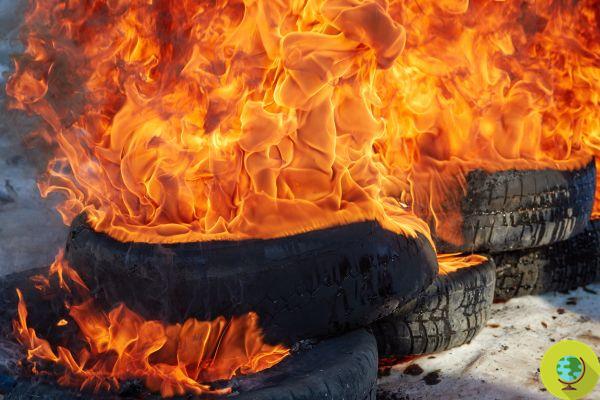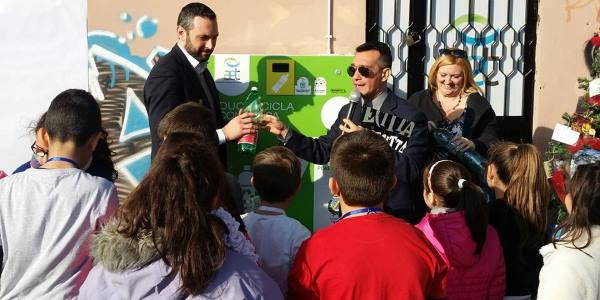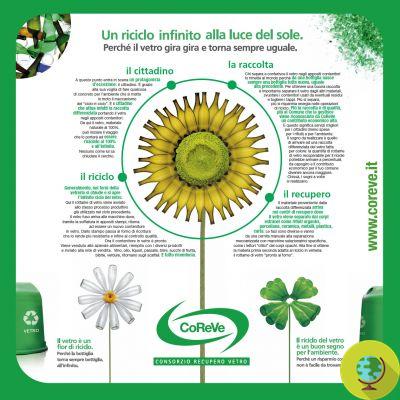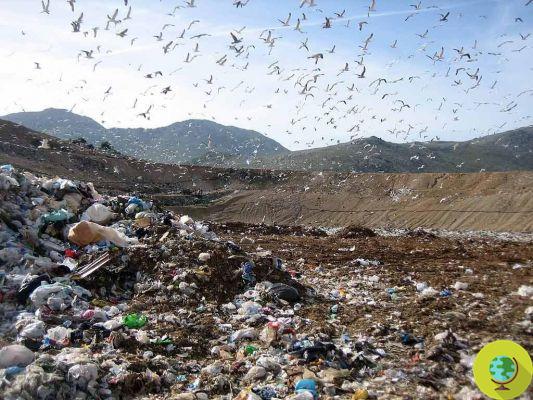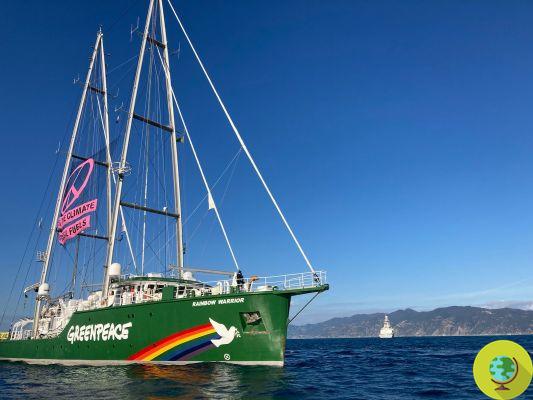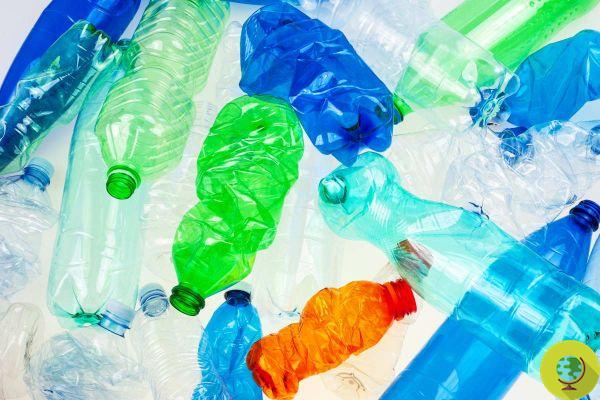
Drinking from recycled plastic bottles is potentially harmful to our health. A recent study confirmed PET that has undergone the recycling process releases more contaminants in beverages than "virgin" PET.
He is about to end up run over, his mother saves himRecycling is essential to reduce the'pollution, exploit fewer natural resources and raw materials and many other reasons now quite well known. But when it comes to plastic bottles the speech becomes complicated because their use can become potentially dangerous for human health. This is confirmed by a recent study conducted by the Brunel University of London, which showed that recycled PET releases too many chemicals compared to virgin PET.
And in some cases these contaminants exceed the safety levels imposed by international standards. A problem that we cannot underestimate, given that more and more investments are made in the recycling of plastic.
The details of the study
The team of researchers, which has just published the research in the Journal of Hazardous Materials, has shown that 150 chemicals (including antimony, acetaldehyde and others recognized as endocrine disruptors) out of 193 are able to filter into the drinks contained. in the analyzed recycled bottles. And 18 of these have levels higher than those required by the regulations.
"Beverages bottled using recycled polyethylene terephthalate (PET) may contain higher concentrations of contaminants than those contained in virgin PET, suggesting that problems with the recycling process could lead to soft drink contamination." experts explain.
But where do all these contaminants come from that can pose a risk to human health? The contributing factors are so many and concern different phases of the "life" of a bottle. The heat and humidity to which plastic bottles are exposed are also affected.
"We have found that these chemicals can come from various sources, such as catalysts and additives used during the production, recycling of PET and in the life cycle of a bottle" explained Dr. Eleni Iacovidou, professor at Brunel University. and co-author of the study.
How to cope with the problem and make bottles safer
To reduce the number of chemicals in recycled plastic bottles, the study suggests using a technology known as "super cleaning" process, Which involves three steps to clean the plastic before recycling it: a high temperature wash, a gas wash and finally a chemical one.
“By investing in new super-cleaning technologies, we can maximize the likelihood of decontaminating recycled PET to levels similar to virgin PET,” Professor Iacovidou points out.
But the real solution is rather represented by a drastic reduction in the use of PET and plastic in general.
We all have a responsibility to take on. - comments Iacovidou - We need to start thinking about how to prevent the use of PET bottles in our families by investing, for example, in water filters or large water containers and learning how to properly dispose of our plastic waste. If we reduce our consumption of PET, the system will change. First, less demand equals less production.
It is therefore better to opt for water in glass bottles and minimize the use of plastic (including recycled plastic) not only for the environment, but to protect our health.
Follow us on Telegram | Instagram | Facebook | TikTok | Youtube
Fonti: Journal of Hazardous Materials/University of Brunel
Read also:
- That's why you should NEVER wash water bottles or reusable plastic bottles in the dishwasher
- Not just BPA, here's what they found in water left over 24 hours in a plastic bottle (or water bottle)




